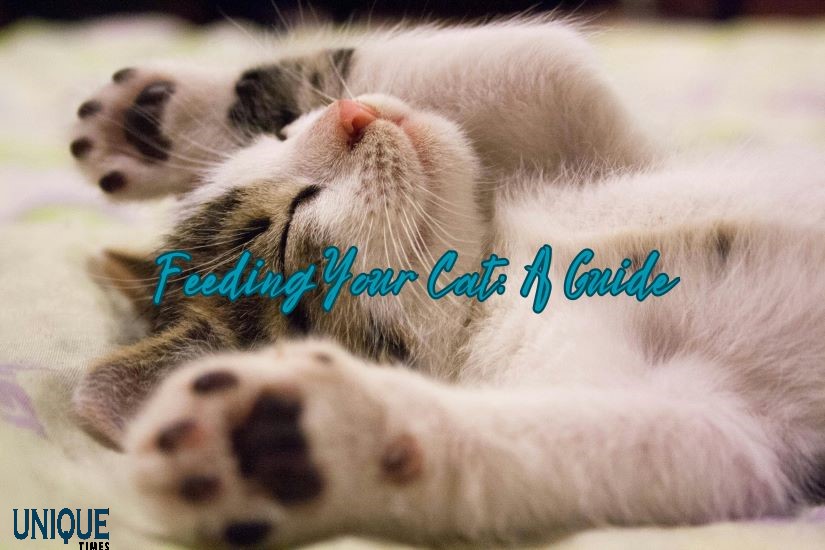How Often Should I Feed My Cat?

Feeding your feline friend may seem like a straightforward task, but determining the right feeding schedule is essential for their health and well-being. In this blog post, we’ll explore how often you should feed your cat to ensure they receive the proper nutrition and maintain a healthy weight.
1. Consider Your Cat’s Age: The feeding frequency for cats varies depending on their age. Kittens require more frequent meals to support their rapid growth and development. Generally, kittens under six months old should be fed four times a day, while adult cats can be fed two to three times a day.
2. Stick to a Consistent Schedule: Cats thrive on routine, so it’s essential to establish a consistent feeding schedule. Try to feed your cat at the same times each day to help regulate their appetite and digestion.
3. Monitor Portion Sizes: The amount of food your cat needs depends on factors such as their age, weight, activity level, and overall health. It’s essential to measure out the appropriate portion sizes to prevent overfeeding or underfeeding.
4. Provide Access to Fresh Water: In addition to regular meals, make sure your cat has access to fresh, clean water at all times. Hydration is crucial for their overall health and helps prevent urinary tract issues.
5. Avoid Free-Feeding: While it may be convenient to leave food out for your cat to graze on throughout the day, free-feeding can lead to overeating and obesity. It’s best to portion out their meals and remove any uneaten food after a set period.
6. Consult with Your Veterinarian: If you’re unsure about the appropriate feeding schedule or portion sizes for your cat, consult with your veterinarian. They can provide personalized recommendations based on your cat’s individual needs and health status.
7. Adjust as Needed: Keep an eye on your cat’s weight and body condition score, and adjust their feeding schedule or portion sizes accordingly. If your cat starts gaining or losing weight unexpectedly, consult with your veterinarian to determine the appropriate course of action.
8. Consider Special Dietary Needs: Some cats may have special dietary needs due to medical conditions or allergies. If your cat requires a specific diet, work with your veterinarian to develop a feeding plan that meets their nutritional requirements.
By following these tips and guidelines, you can ensure that your cat receives the proper nutrition and maintains a healthy weight throughout their life. Remember to provide them with love, attention, and quality food to keep them happy and thriving for years to come.
Picture Courtesy: Google/images are subject to copyright








